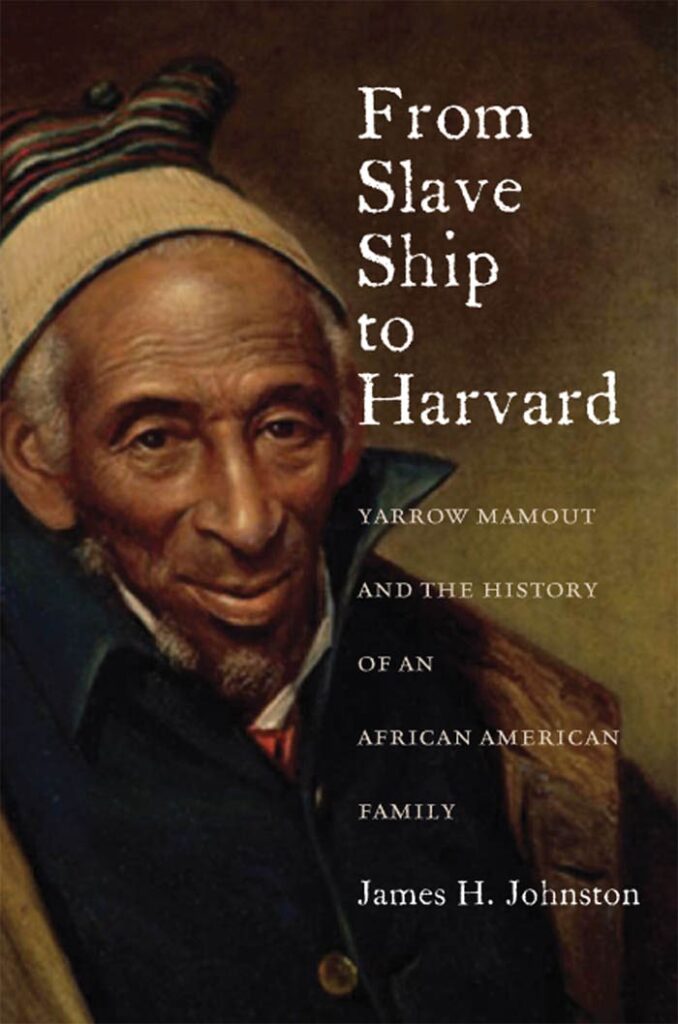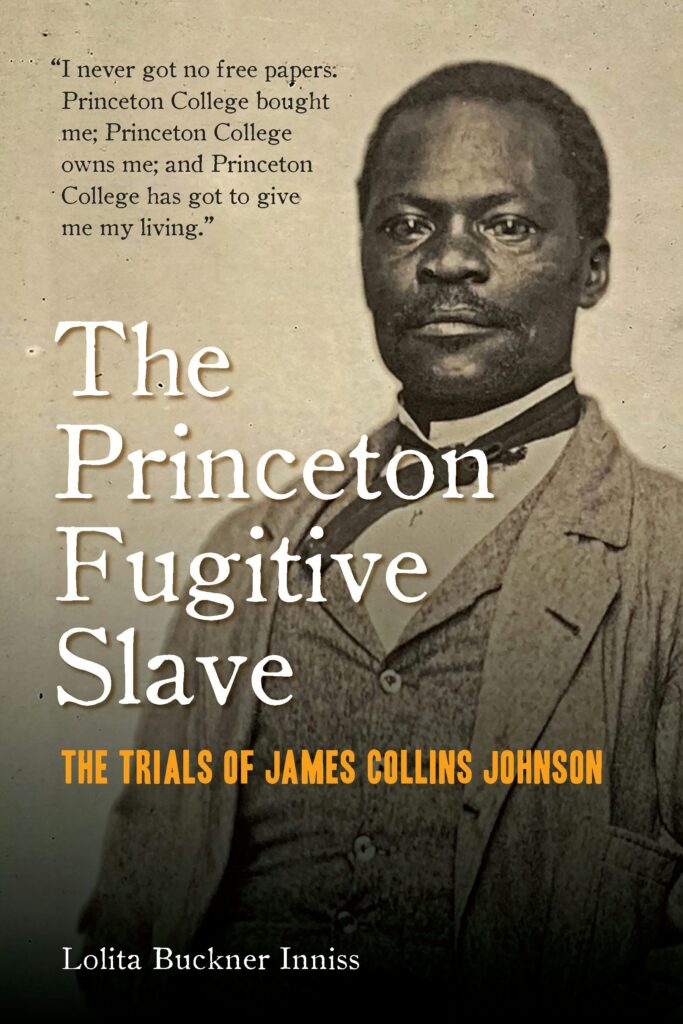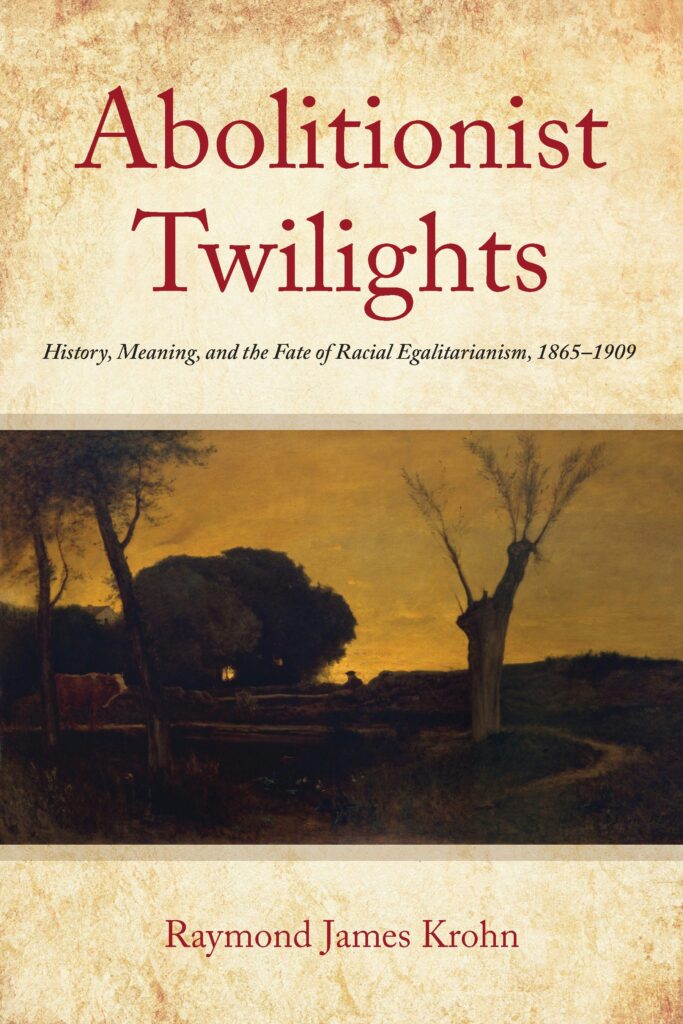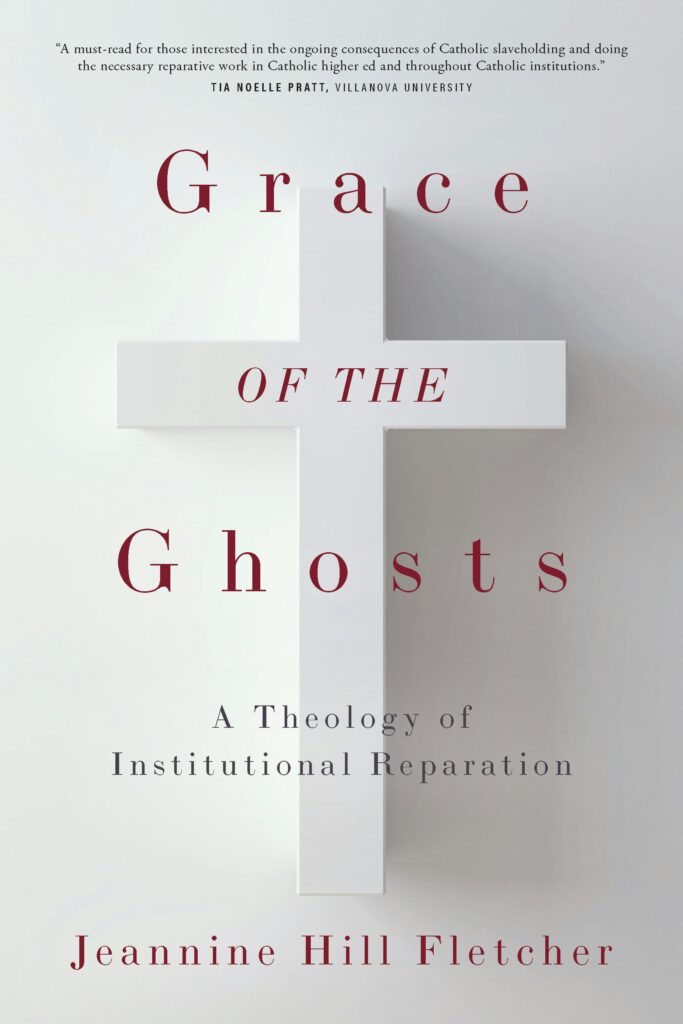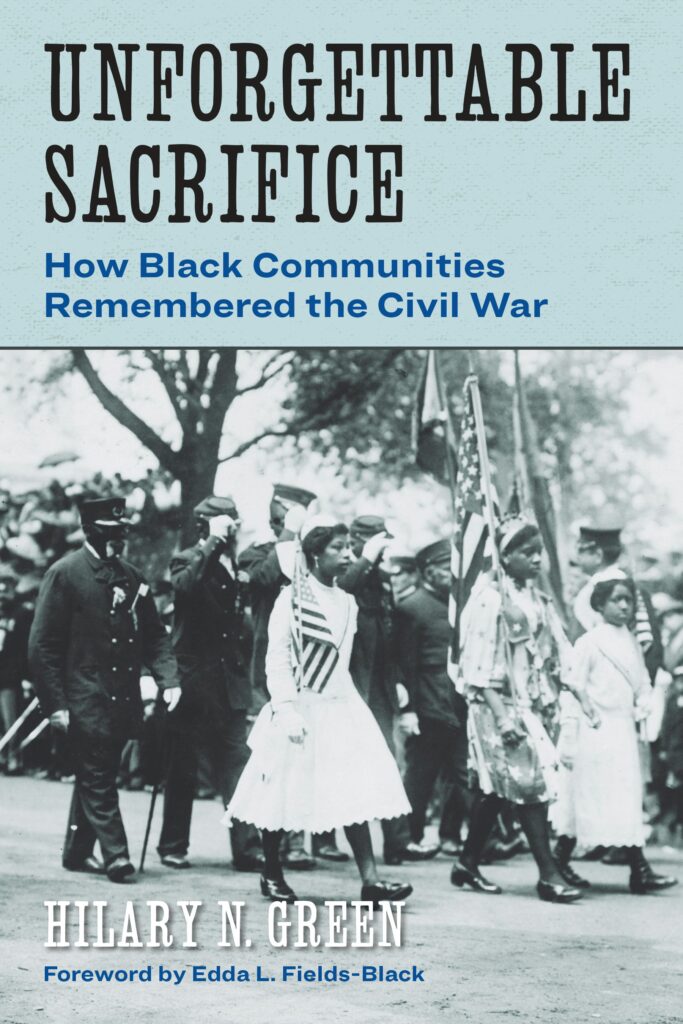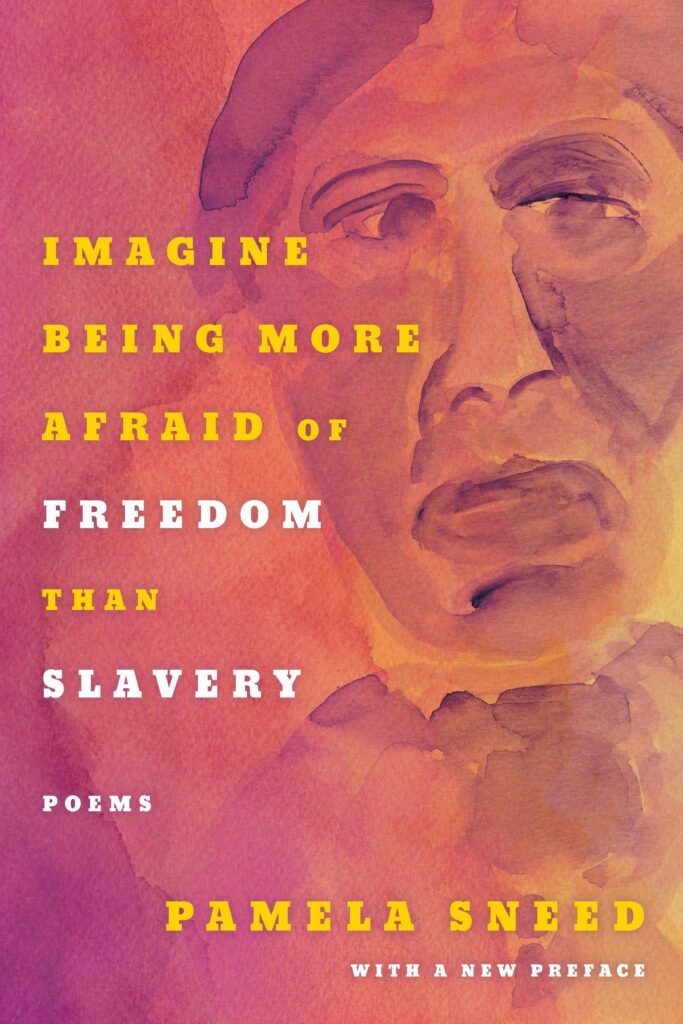Across the centuries, writers, scholars, and storytellers have preserved and reimagined the histories of slavery and the long fight for freedom. The books below trace the lives of the enslaved and the emancipated, the fugitives and the free, the remembered and the forgotten. Together, they speak to the endurance of Black life and imagination across generations.
From Slave Ship to Harvard: Yarrow Mamout and the History of an African American Family
By James H. Johnston
This remarkable biography follows one African man’s journey from enslavement to freedom, and the legacy of his descendants in American society. Yarrow Mamout’s life in early Washington, DC, and the generations that followed offer a moving portrait of perseverance and pride in the face of racial injustice.
The Princeton Fugitive Slave: The Trials of James Collins Johnson
By Lolita Buckner Inniss
A gripping account of Johnson, a Black man who escaped slavery only to be captured years later under the Fugitive Slave Act. Through his legal struggle, the book examines race, identity, and law in pre–Civil War America—and the continued implications for today.
Abolitionist Twilights: History, Meaning, and the Fate of Racial Egalitarianism, 1865-1909
By Raymond James Krohn
What happens after slavery ends? Krohn follows the lives and reflections of abolitionists in the aftermath of the Civil War, revealing how memory, writing, and activism continued to shape America’s racial politics in the late 19th century.
Grace of the Ghosts: A Theology of Institutional Reparation
Jeannine Hill Fletcher
In this deeply reflective work, theological scholar Jeannine Hill Fletcher examines how U.S. Catholic institutions have been entwined with slavery, white supremacy, and systemic injustice. Through detailed case studies—like Jesuit slaveholding at Georgetown, Catholic involvement in Indian boarding schools, and frontier expansions—Fletcher invites readers into a theological reckoning. She offers a path toward genuine institutional accountability and reparative grace rooted in spiritual and historical truth.
Unforgettable Sacrifice: How Black Communities Remembered the Civil War
Hillary N. Green, Foreword by Edda L. Fields-Black
This powerful book centers Black communities as active agents in preserving Civil War memory through stories, sermons, songs, and public commemorations. Green reveals how African Americans kept the legacy of freedom and citizenship alive, even when mainstream histories left them out.
Imagine Being More Afraid of Freedom than Slavery (poems)
By Pamela Sneed
In this poetic meditation on trauma, identity, and liberation, Sneed challenges readers to consider the emotional legacies of bondage. Her poems move through history and interior life, refusing easy answers and insisting on complexity and truth.
On the Edge of Freedom: The Fugitive Slave Issue in South Central Pennsylvania, 1820–1870
By David G. Smith
This deep historical study traces how Black communities and their allies resisted the capture of self-emancipated individuals across a tense regional borderland. It’s a powerful reminder that the fight for freedom often played out town by town.
“Pretends to Be Free”: Fugitive Slave Advertisements from Colonial and Revolutionary New York and New Jersey
Edited by Graham Russell Gao Hodges and Alan Edward Brown
This archive of runaway slave ads sheds light on the bravery of enslaved individuals who resisted bondage by fleeing. These notices—coldly transactional—are chilling documents of both human cruelty and resistance.
Family War Stories: The Densmores’ Fight to Save the Union and Destroy Slavery
Keith P. Wilson
Drawing on letters from both the battlefield and the home front, this book follows a white Minnesota family deeply committed to abolition. Two brothers serve in Black Union regiments, while their home reflects the tensions of holding racial beliefs amid transformative events. Wilson shows how family correspondence shaped—and was shaped by—the Civil War’s moral and emotional battles.
The Civil War and the Summer of 2020
Edited by Hilary N. Green and Andrew L. Slap
This timely collection examines how memories of the Civil War influenced and were reshaped by the events of summer 2020, especially protests against systemic racism. Through essays covering Confederate monuments, policing, resistance, and national memory, the volume draws a direct line from slavery-era violence to modern social movements.

